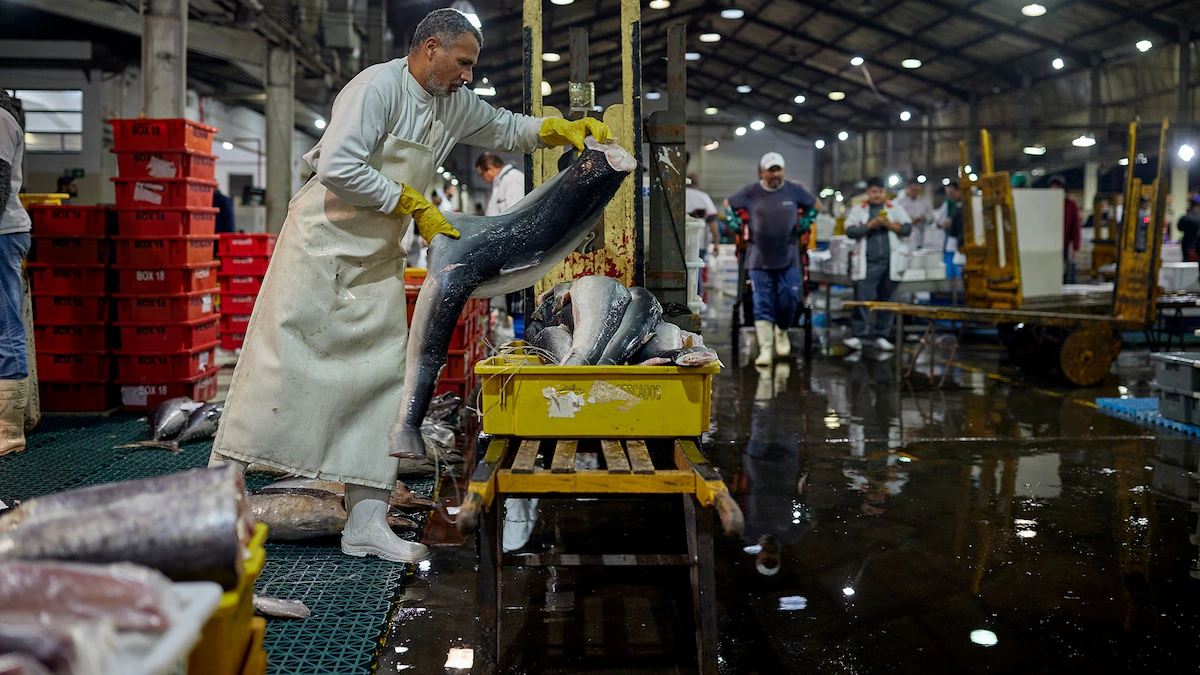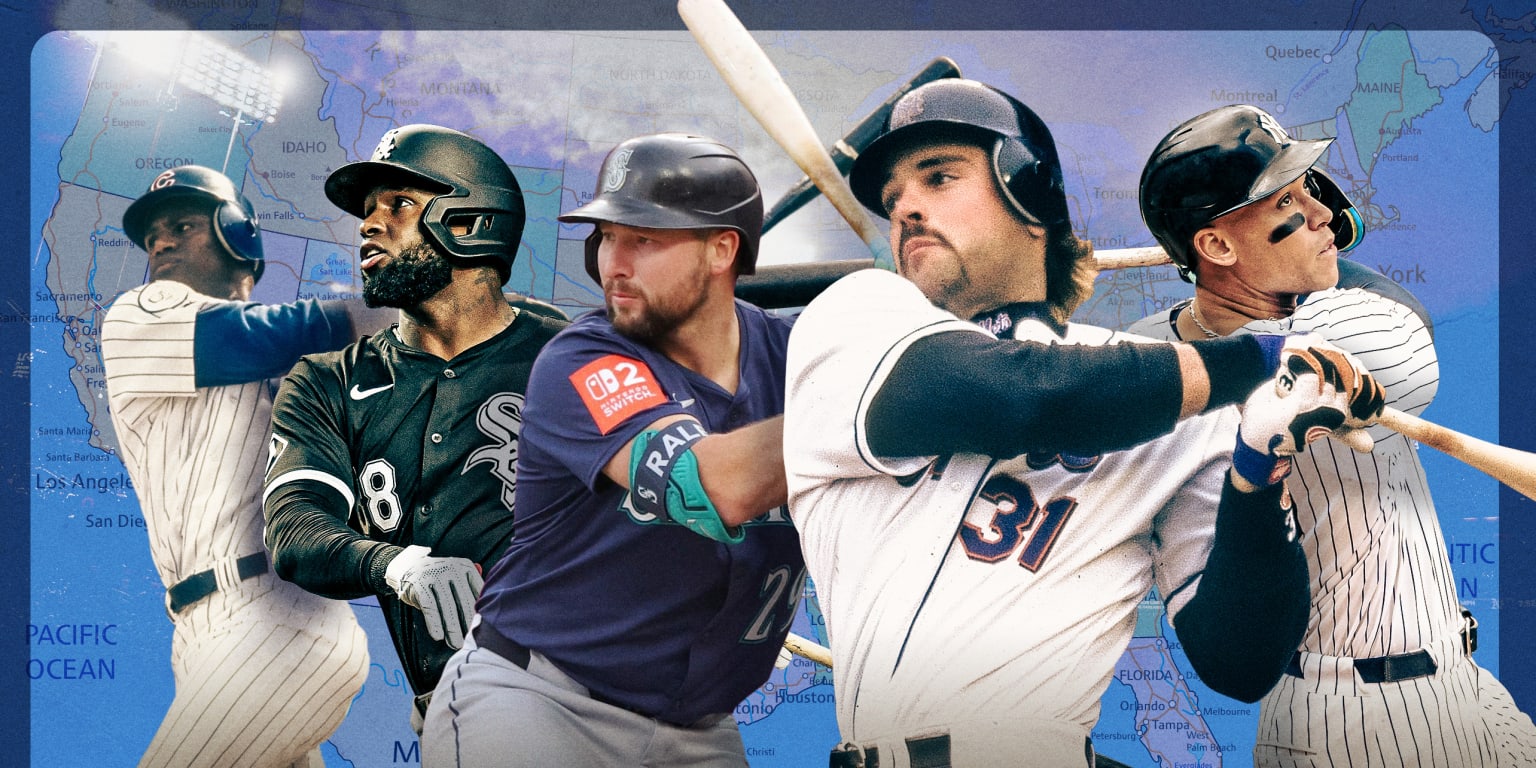
If you decide to have shark for dinner in the U.S., you might unknowingly consume an endangered species. A newly published study shows that the meat of endangered sharks is often mislabeled in grocery stores around the country. The finding adds to the growing body of research showing how the mislabeling of seafood enables the sale of endangered species around the world.
Marine ecologists Savannah Ryburn and John Bruno at the University of North Carolina at Chapel Hill investigated the issue with their students, sampling shark meat sold across North Carolina, Florida, Georgia and Washington, DC. In all, they collected 29 samples and found that they belonged to 11 species of shark.
Concerningly, three of those species—the scalloped hammerhead, the great hammerhead and the tope shark—are listed as Critically Endangered in the International Union for Conservation of Nature’s red list of threatened species. That’s the last step in the list before a species is considered “extinct in the wild.” Most of the samples they collected were generically labelled as “shark” or “mako shark,” without mentioning a specific species, while one sample was mislabeled as another species, and only one correctly labelled.
The study, published in Frontiers in Marine Science, shows how “some critically endangered sharks are being sold as less endangered or more stable species populations of species,” says Jennifer Jacquet, a professor of environmental science and policy at the University of Miami, who was not involved in this study.
(This was the best place on Earth to see great white sharks—then they vanished)
Mislabeling shark meat doesn’t just endanger sharks—but humans too
To gather their samples, the study team visited local seafood markets and grocery stores where they bought shark filets. They also purchased shark jerky—dried and seasoned shark meat—from U.S.-based online vendors.
EXPLORE THIS PACIFIC PARADISE
Where guests are guardians
Ryburn recalls how one of her students went to a local seafood market where there wasn’t anything advertised as shark. But when she asked, “‘Do you have any shark?’ “The guy came back from the back of the shop and was holding a giant shark, and was just like: ‘yeah, I’ll cut you off a slice!’”
The researchers then analyzed the DNA of the meat to find out the sharks’ species. Finding so many critically endangered species in such a small sample size is “alarming for many reasons,” says Ryburn.
Mercury is known to cause major health issues in humans. While many shark species contain mercury at various concentrations, some of the species the team found, such as the scalloped and great hammerhead shark, are known to accumulate particularly high levels of mercury in their tissues. (That said, “If you’re concerned about eating mercury, I guess you would be avoiding eating sharks in general,” says Shelley Clarke, a fishery scientist who studied sharks for 25 years and wasn’t involved in the new study.)
Mislabeling, or even just generically labeling, shark meat without a species name can create problems for shark conservation, making it harder to track the trade of these animals. “We can’t accurately measure population levels. We can’t measure where they were caught and where they’re located,” warns Ryburn. “So, it really does impact the monitoring and the conservation of these critically endangered and even the non-endangered species.”
(Rare image of great white shark captured off the coast of Maine)
Studies like these are the first step to better protections
How the endangered shark meat ended up in the stores in much more complicated. Some of the endangered species the researchers identified are regulated under the Convention on International Trade in Endangered Species of Wild Fauna and Flora (CITES), an international agreement between governments which regulate the international trade of species. This means that if sellers want to import these fish from abroad, they need to have a permit.
It’s unclear whether permits were acquired to allow these species entry into U.S. markets, or if they were legally caught in U.S. waters.
Jacquet points out that under the Endangered Species Act, endangered marine fish such as sharks do not have the same protections as endangered freshwater fish, terrestrial and marine mammals. Bridging this gap would help make the sale of endangered sharks illegal.
“We have done a good job protecting marine mammals in the United States. We have not done well by marine fishes,” Jacquet says. “It’s high time we sort of look that issue in the face, and this study is a great contribution to encouraging that conversation.”
And the issue is not confined to the U.S. For example, in Australia, a study published in in 2023 found that threatened shark species were being sold under the generic term ‘flake’ in fish and chips shops.
“The rates of mislabeling of shark products and other seafood vary significantly worldwide, and have been reported in South Africa, Brazil, the European Union, the UK, Canada, and China” among others, says Ashleigh Sharrad, a research assistant at the University of Adelaide and author of the 2023 study.
For the U.S., Ryburn offers one possible solution: “sellers in the U.S. should be required to have species-specific labeling on their shark meat.”



